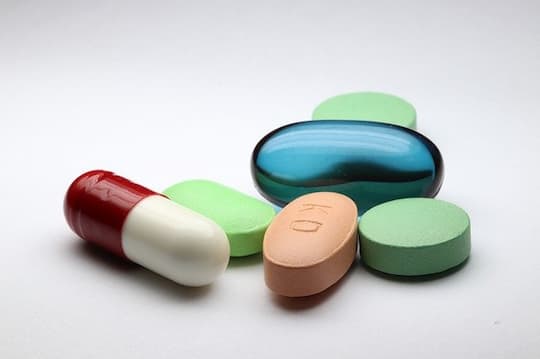These supplements found to increase cancer risk at doses above recommended daily intake.
Selenium and vitamin E supplementation may increase the risk of prostate cancer (PCa) in men, a study has found.
Men who are not deficient in selenium or vitamin E should avoid taking these supplements as doses above the recommended dietary intakes could increase the risk of the disease.
In 2001, the US National Cancer Institute initiated the Selenium and Vitamin E Cancer Prevention Trial (SELECT), which tested whether selenium, vitamin E, or both could reduce prostate cancer in over 35,000 men.
They received 200 μg selenium (L-selenomethionine) alone or in combination with 400 IU vitamin E (all-rac-α-tocopheryl acetate) each day.
However, the supplementation was stopped as interim analyses three years before trial end date showed very little benefit and also that vitamin E was linked to an increased risk of prostate cancer.
Dr Alan Kristal and colleagues investigated the impact of selenium and vitamin E supplementation on prostate cancer risk using SELECT data.
Selenium and vitamin E levels were assessed from toenail selenium concentration and blood samples.
There was no increase risk of cancer where participants didn’t receive these supplements.
However, vitamin E supplementation increased the disease odds by 63 percent among those who were low in selenium.
Selenium supplementation with or without vitamin E increased the risk of high-grade prostate cancer by 91 percent among men with higher selenium status.
The authors concluded:
“Selenium supplementation did not benefit men with low selenium status but increased the risk of high-grade PCa among men with high selenium status.
Vitamin E increased the risk of PCa among men with low selenium status.
Men should avoid selenium or vitamin E supplementation at doses that exceed recommended dietary intakes.”
The study was published in the Journal of the National Cancer Institute (Kristal et al., 2014).

